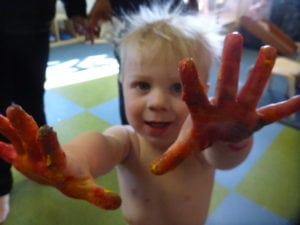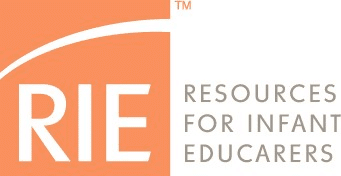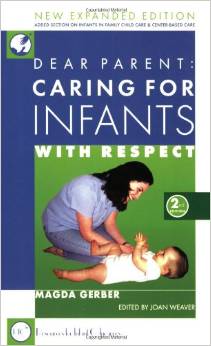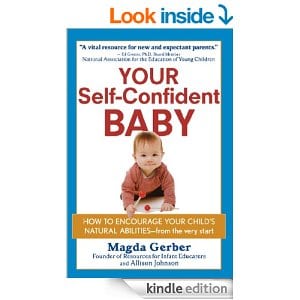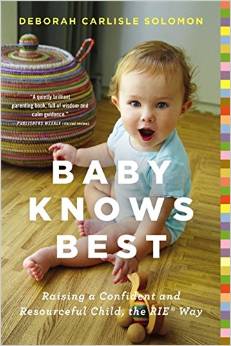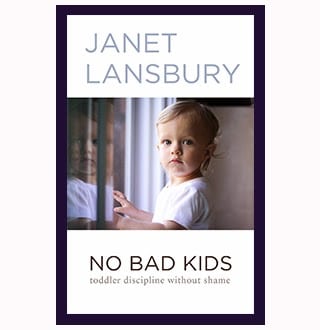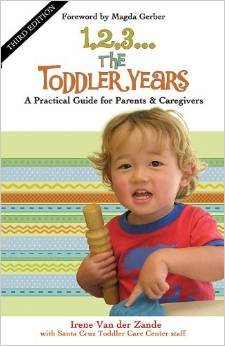Resources for Infant Educators (RIE)
Magda Gerber studied under the famous pediatrician, Emmi Pikler, in Hungary. Pickler founded Loczy, later known as The Pikler Institute, an orphanage in Budapest whose children didn't have the typical institutional damage common in other orphans. Inspired by her work with Pikler, Magda Gerber began sharing her ideas when she immigrated to the United States. Magda Gerber founded Resources for Infant Educarers (RIE) based on simple principles of intentional infant care and education that she called educaring.
Educaring Principles
Respect
Basic Trust in the infant to be an initiator, an explorer, and a self-learner
Time for Uninterrupted Play
Freedom to Explore and interact with other infants
Sensitive Observation of the infant in order to understand the infant's needs
Listen to children's cry to understand what they are trying to communicate and start a calm dialogue to offer comfort and assurance
An environment for the infant that is physically safe, cognitively challenging, and emotionally nurturing
Involvement of the infant in all care activities to all the infant to become an Active Participant rather than a passive recipient
Consistency, communication, clearly-defined limits, and expectations to develop self-regulation and self-discipline
Attuned care that responds gently, not reacting to children, prepares children for separation and confident independence.
Talk Before You Touch: Always tell children what you're going to do before you do it. This supports respect, consistency, trust and attuned care.
Educarers Three Types of Time
Wants something time is the routine times when children are supported to get a diaper changed, take a nap, get dressed, or get buckled into their car seat. The role of the adult is to prepare children for cooperation by communicating the expectations, and talking children through the process. The goal is for the child to be an active participant in their care and routines.
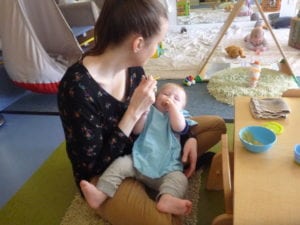
Wants nothing time is the time when children play uninterrupted. This can be challenging for adults, but your role is to observe, if you wish, while allowing the child to play. Give children time to move freely, explore, experience frustration, and work out problems. Dictate or coach if necessary, smile if looked to for assurance, but try not to interrupt.
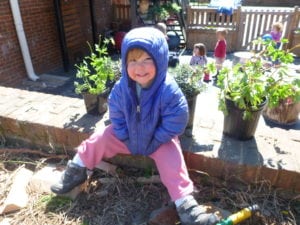
Joy time is the cuddly, story reading, game playing, time of love. Adults can engage and connect with their young child following their cues, but play joyfully.
